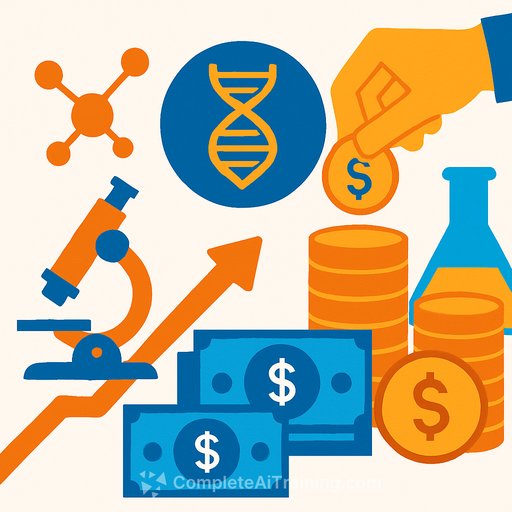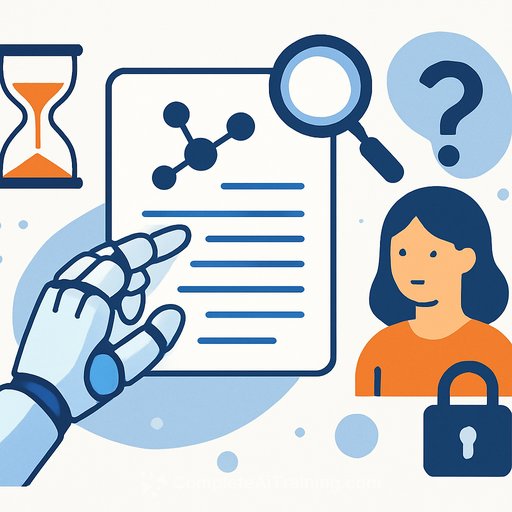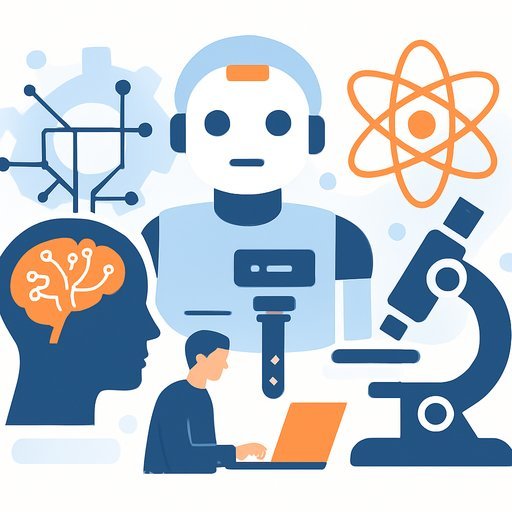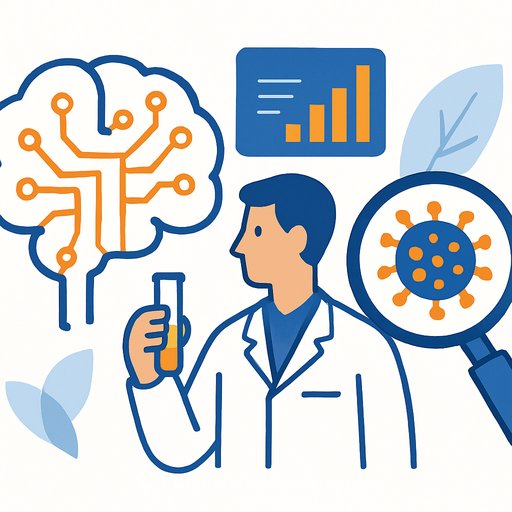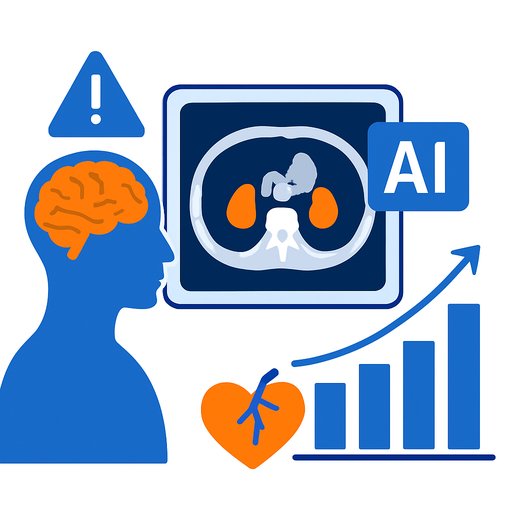Bio Protocol Raises $6.9M to Advance AI + Blockchain for Science
Bio Protocol has secured $6.9 million in funding to build AI + blockchain infrastructure for decentralized science (DeSci). The round was led by Maelstrom Fund, with participation from Mechanism Capital, Animoca Brands, Presto Labs, and others.
The capital will go toward platform development and AI software that supports on-chain prediction markets, credit markets, and agent-to-agent communications. The goal: compress timelines for discovery and translation by tightly linking hypothesis generation, funding, and validation.
What's in Bio V2
Bio V2 launches alongside the raise, introducing on-chain fundraising and decentralized AI frameworks aimed at early-stage R&D. For research teams, this means new rails to test ideas, route capital, and prove contribution.
- On-chain fundraising for projects and autonomous research agents
- Ignition Sales: financing for AI agents and tokenized IP
- BioXP: reward system for research and community participation
- BIO token staking for incentives and governance alignment
- Agent communications to coordinate workflows programmatically
Early Signal: Aubrai BioAgent
Bio Protocol's first BioAgent, Aubrai, launched in August 2025 with VitaDA. It has raised over $900,000, generated nearly 1,000 blockchain-related hypotheses, and catalyzed growth of the AUBRAI token.
This shows how AI agents can frame questions, propose tests, and attract capital before a wet lab lifts a pipette-useful for triaging research directions and stress-testing assumptions early.
Why This Matters for Scientists and R&D Teams
- Faster hypothesis triage: Use prediction markets to prioritize what to test next.
- New funding paths: Tokenized IP and Ignition Sales can finance pilot experiments without traditional grant cycles.
- Transparent credit: On-chain attribution can document who did what, when, and how it impacted outcomes.
- Composable automation: Agent communications let you script parts of literature review, hypothesis generation, and protocol selection.
- Portfolio approach: Credit markets and staking can spread risk across many early bets instead of all-or-nothing grants.
How You Could Engage
- PIs and lab leads: Pilot an agent for literature mining, hypothesis scoring, and pre-registration. Use on-chain mechanisms to test market interest before bench time.
- Computational teams: Build or fine-tune domain agents that plug into Bio V2 and earn via BioXP and Ignition Sales.
- Patient groups and DAOs: Fund narrowly scoped experiments with clear milestones and on-chain reporting.
- Token holders: Stake to align incentives and direct attention to high-quality proposals.
Stated Ambition
CEO Paul Kohlhaas says the objective is to connect AI, biotechnology, and crypto so the path from idea to treatment compresses from decades to months. If execution matches intent, DeSci could become a serious complement to traditional grants and journals for early discovery.
Open Questions to Watch
- Quality control: How are agent-generated hypotheses validated, ranked, and retired?
- Reproducibility: What standards govern data, protocols, and on-chain attestations?
- Ethics and compliance: How are patient data rights, consent, and regulatory boundaries enforced?
- Incentive design: Do token incentives reward rigorous work over hype, and can prediction markets avoid bias?
If you're building AI workflows for research teams and want structured upskilling, explore role-based options at Complete AI Training.
Your membership also unlocks:

